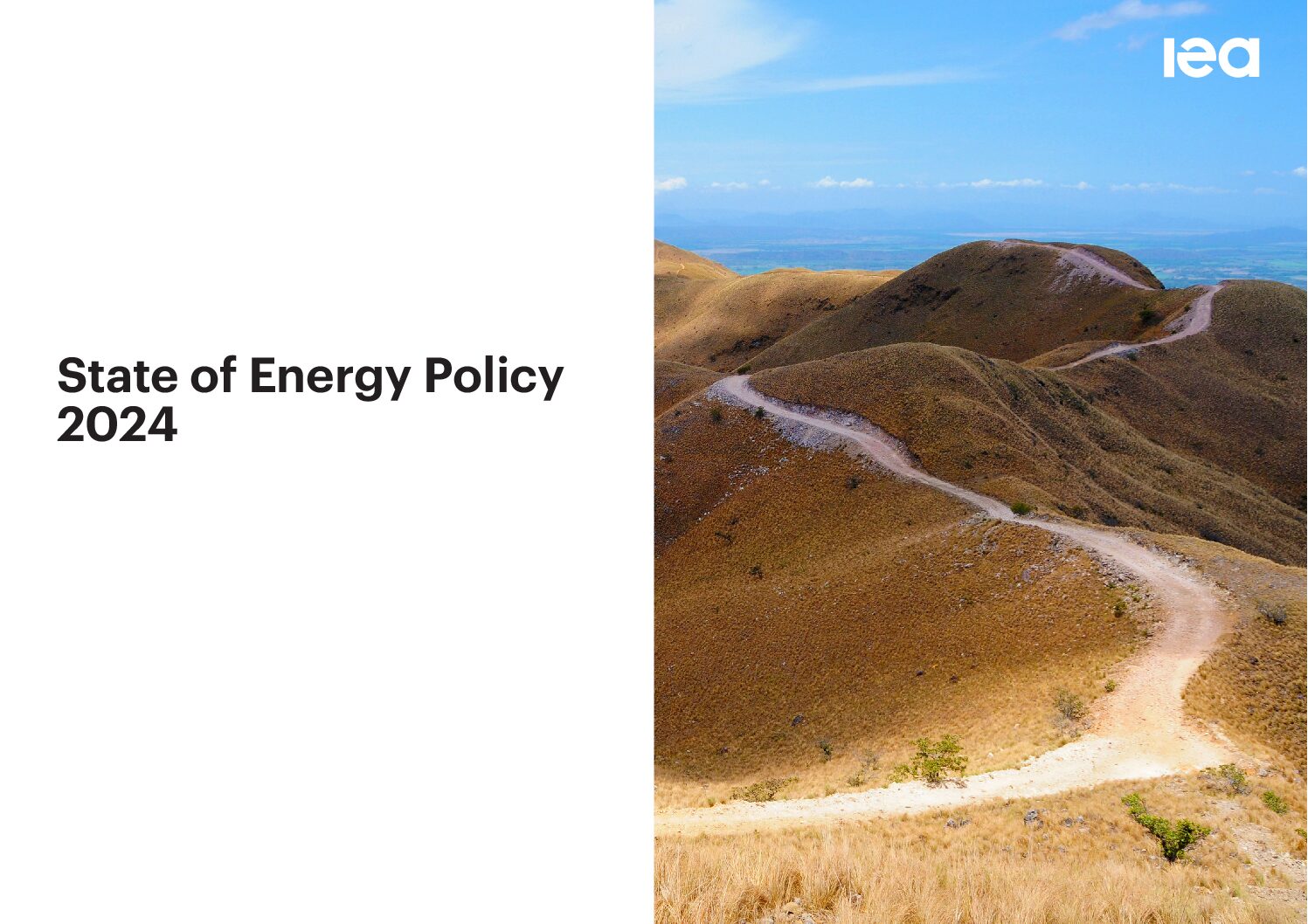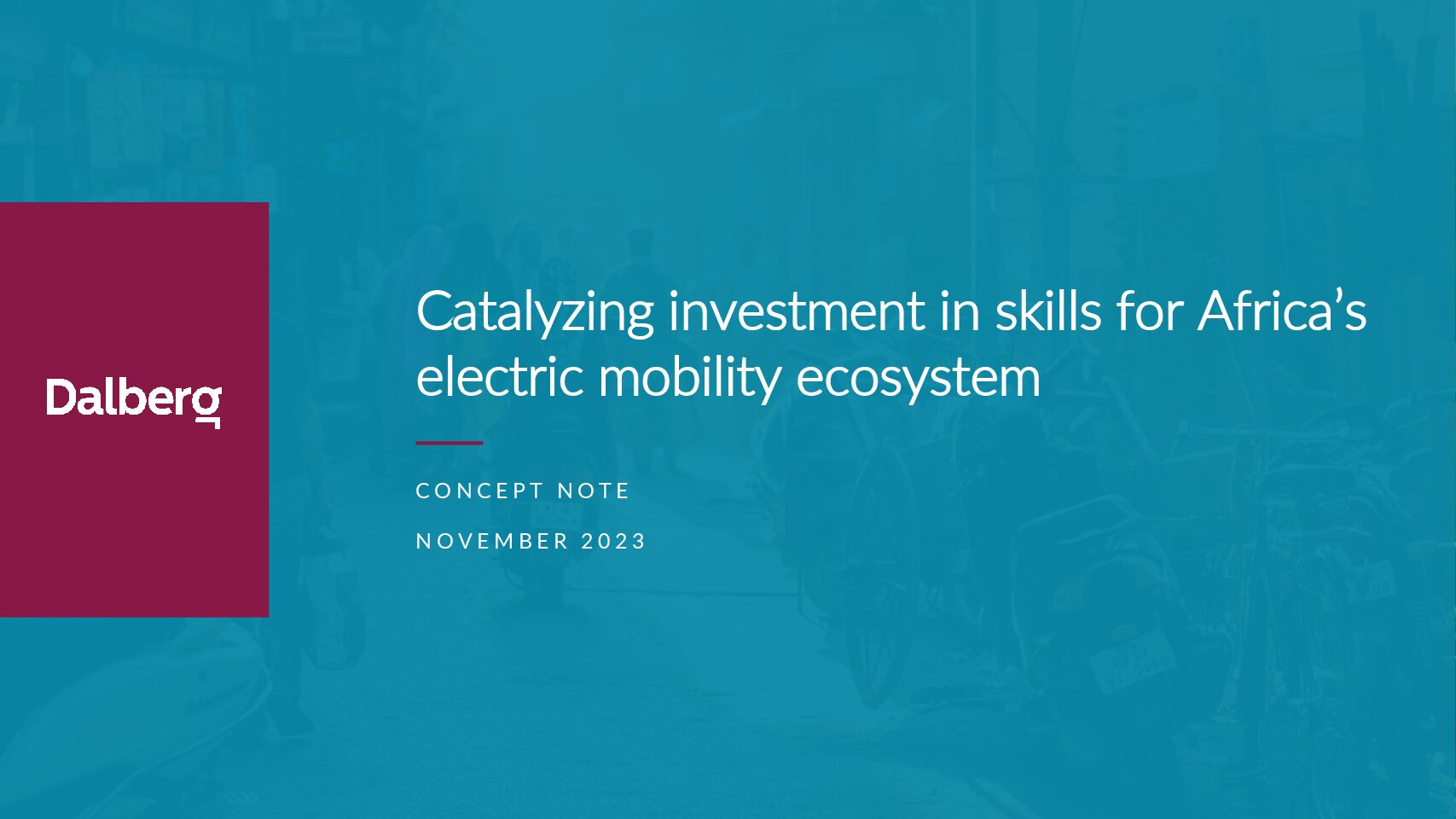This publication shares the learnings from eight EU-funded research projects on energy behaviour and modelling, and presents their implications for policy design.
This report explores how the energy policy landscape has evolved in 2023-2024, looking at 50 types of policies across more than 60 countries to identify trends.
This brief provides an overview and a lot of data and visuals on skills gaps and challenges for Africa’s e-mobility transition. It also suggests possible solutions with respective advantages and disadvantages.
This brief provides a high-level overview of the status of Madagascar’s off-grid solar markets, as well as relevant policies and programs.
This website contains a range of learning resources on Integrated Resource Planning (a methodology for least-cost planning by public utilities), including load forecasting, tariff policies, amd demand side management. It also includes exercises and case studies.
This study recommends opportunities, such as a suitable share of technologies, administrative reforms, and required adjustments in NDCs, that the government could exploit to advance the energy transition.
This report examines the trends of renewable energy investment and finance in Sub-Saharan Africa (Chapter 2), driven by regional and national plans, targets and strategies for the sector (Chapter 3), and the policy environment for renewables in the region (Chapter 4).



